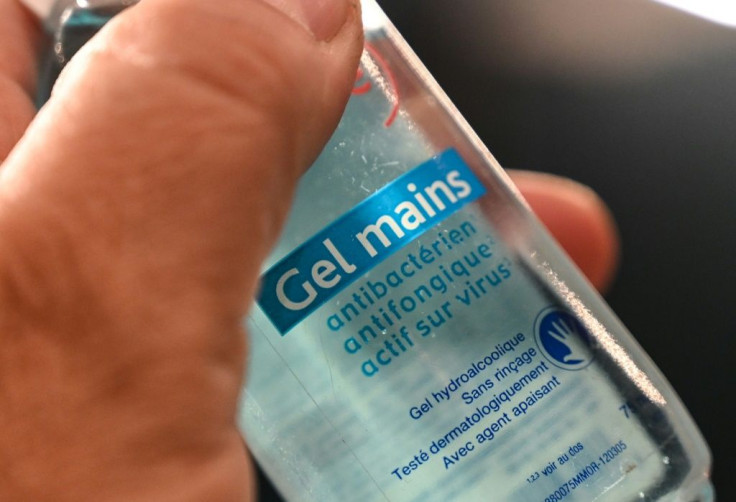EU Ministers Urge Members To Share Anti-virus Gear

Smaller EU member states raised the alarm Friday after Germany, France and the Czech Republic blocked the export of some medical supplies that could help slow the novel coronavirus outbreak.
EU health ministers were meeting to plan a coordinated response to the epidemic, but Germany has banned exports of face masks and gloves and France has requisitioned all its own stocks.
Some EU members -- notably Italy, where at least 148 people have died -- have been hit harder than others and some ministers think precious protective medical gear should be shared.
After the meeting, officials stressed that all members had understood the need for solidarity, but there was no hiding the concern over the members' unilateral actions.
"There are legal grounds that make such measures possible, but these kind of unilateral measures first have to be notified to the union," EU crisis management commissioner Jenaz Lenarcic said.
"They have to be proportionate and even if they are legally possible they carry a risk of undermining our collective approach and our collective capacity to handle this crisis."
Ministers from many member states agreed.
"I think that in fact we should show our solidarity, for example in the distribution of protective resources," said Belgian health minister Maggie de Block.
"There are two countries that block all exports ... and that's not in the spirit of the EU."
Dutch minister for medical care Bruno Bruins also chimed in, telling the crisis meeting: "In times of scarcity it is even more important to show solidarity, especially within the EU."
On Wednesday, Germany's interior minister said it had banned the export of medical protection gear such as masks and gloves to ensure local health workers have enough.
President Emmanuel Macron has announced that France will requisition all face masks produced there, a de facto export ban, and Czech health minister Adam Vojtech has halted disinfectant exports.
An EU spokesman confirmed France and Germany had notified the European Commission of their decisions, but would not be drawn on whether they meet EU single market rules.

EU officials have stressed the importance of a coordinated response -- health commissioner Stella Kyriakides saying she was focused not only on the readiness of individual states but also "the need for solidarity".
But German health minister Jens Spahn urged his colleagues to try to understand why Berlin, Paris and Italy are acting as they are, given their bigger and older outbreaks.
"I sometimes have the impression that some of you think: 'Typical, once again the big guys, France, Germany and Italy are going their own way'," he said.
"The reason we are upping the pressure is because the situation is different in our countries than the others. We are in a different phase than those countries who are still detecting and containing cases.
"Once the outbreak develops inside a country, measures at the border won't help."
He said the German decision was an "imperfect measure" and not an export ban as such, but a request for producers to obtain a licence to ship gear that might be better used elsewhere.
French health minister Olivier Veran said: "We had seen prices multiplying and items being re-sold on the grey market ... believe me, France will not be exempt from showing its duty and will for solidarity."
Vojtech said supplies of protective suits and masks were limited and that European health workers should be first in line as production is ramped up.
"We're trying to negotiate with producers to supply the market, but production is limited. The demand is much higher than the supply worldwide. It is not easy," he said.
The novel coronavirus strain that erupted in China this year and causes the COVID-19 disease has killed more than 3,300 people and infected nearly 100,000 in about 90 nations.
Europe as a whole has not yet been hit as hard as China, but the virus is spreading across the continent and Italy, in particular, has a major outbreak.
© Copyright AFP 2024. All rights reserved.





















